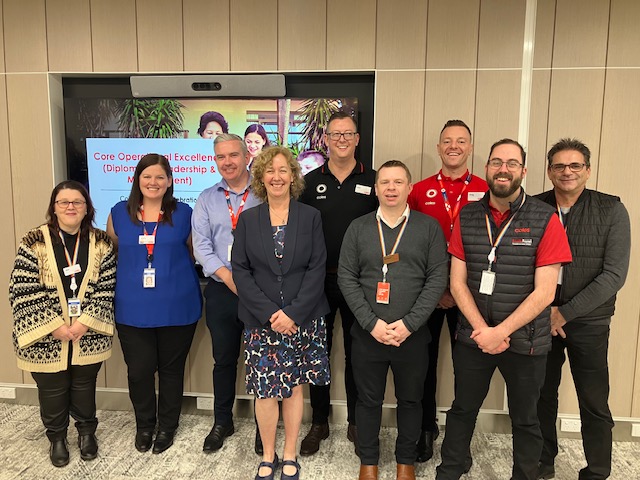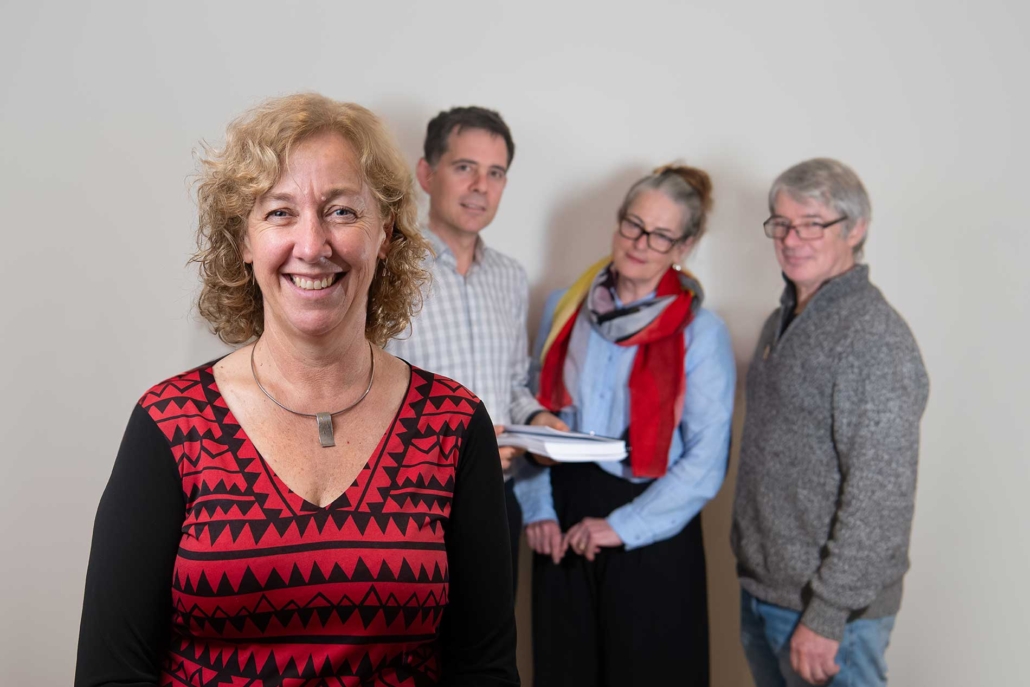Stale Service to Award Winning Experience: Charlotte’s Transformational Journey in MLC
As manager of one of the largest client contact centres in MLC, Charlotte was well aware of the importance of delivering exceptional service. However, she felt there was something missing—an opportunity to learn this language and professionalise her skills. Despite being in a classic operational business environment where everything was measured, Charlotte lacked the frameworks and understanding to optimise her processes. They lacked fresh thinking and a deep understanding of operational management principles.
Seeking to elevate her team and take their business to the next level, Charlotte was drawn to the COE (Core Operational Excellence) program. She was eager to gain the knowledge, language, and fresh perspectives that the program promised. The goal was clear: inject new life into their operations and embrace the frameworks – teach themselves how to fish!
Before discovering the COE program, Charlotte hadn’t attempted any specific solutions to address their staleness. However, she recognised the need for change and was ready to embark on a transformative journey.
A Team Experience
COE proved to be the missing piece of the puzzle for Charlotte and her team. The program provided her with the theoretical foundation and the “why” behind operational excellence. What truly set COE apart was its experiential approach. Through hands-on activities, Charlotte and her team had the opportunity to try different strategies and quickly adapt when things didn’t go as planned. This practical learning experience was invaluable, allowing them to gain insights and enhance their understanding of the principles and methodologies.
Importantly, COE also emphasised the value of team engagement. Charlotte actively involved her team in the learning process, ensuring they were equipped with the knowledge and skills to contribute to the transformation. Together, they embraced the COE principles and united in their pursuit of operational excellence.
Working On the Business
Charlotte’s key takeaways from the program were profound. She discovered that even in a mature operational area, there is always room for improvement and growth. The COE program provided the tools, mindset, and fresh perspectives to drive positive change within her organisation.
Although finding time for the program was a challenge, given the demands of leading a large team with numerous operational distractions. Charlotte organised herself and prioritised focused time to fully immerse herself in the program, understanding the long-term benefits it would bring to her team and the business.
Enduring Rewards
Charlotte wholeheartedly recommends the COE program to those seeking to transform their operational practices. The impact it had on her business was significant, leading them to win a National award from the Customer Service Institute of Australia. Inspired by her own experience, Charlotte became a mentor, guiding and supporting other program participants, and in turn, further deepening her knowledge.
Even now, more than a decade later, Charlotte continues to refer back to her COE notes. The program’s lasting impact and the valuable insights gained continue to shape her approach to operational excellence.
Are you ready to unlock the potential of your operations and achieve exceptional results? Embrace the COE program and follow in Charlotte’s footsteps. Gain the language, knowledge, and frameworks to propel your business forward and make a lasting impact on your team and customers. Book a call here.








 Quality Business Services
Quality Business Services
 Quality Business Services
Quality Business Services Quality Business Services
Quality Business Services
